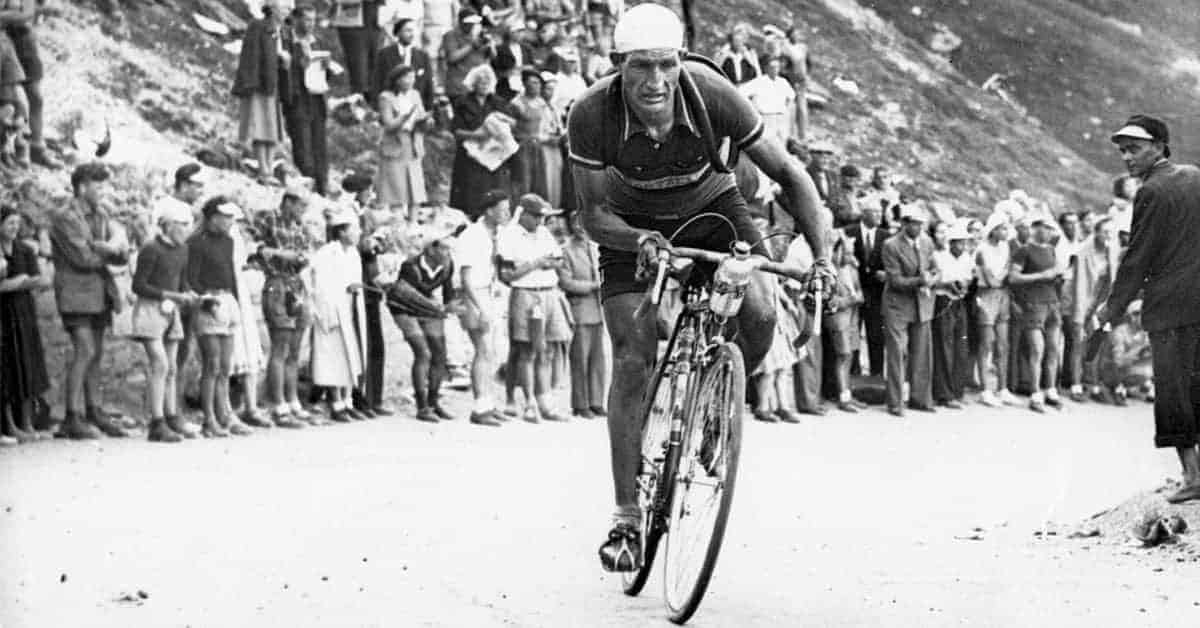For many, cycling the narrow, winding roads that cut through the rolling hills, fruitful vineyards and undisturbed villages of the Tuscan countryside is the stuff of dreams. The region attracts thousands of cyclists each year, from lycra-clad amateurs to sturdy, seasoned professionals. Even Obama couldn’t resist taking a two-wheeled excursion in May 2017 (though whether or not his accompanying security brief added to the tranquility of the trip is a different matter altogether). In Tuscany’s lush, idyllic landscape, however, history runs as deep as the soil. And there’s one story—involving a Tour de France champion in Nazi-occupied Italy—whose roots run deep in Tuscany’s collective memory.
He might be little known outside Italy, but Gino Bartali (nicknamed Gino the Pious because of his strong Catholic beliefs) redefined the idea of self-sacrifice in elite sport. And the idea is prevalent. No matter what the sport, after every victory—and, for that matter, close loss—we hear athletes talk about the sacrifices made to get them where they are—those made by family, by friends, not to mention those they made themselves. Hand in hand with these self-deprecatory speeches go acts of charity and public appearances, done just as much for self-promotion as for the promotion of the sport.

We shouldn’t be too surprised about this. Sport is big business and promotion definitely has its place. But while today’s internationally renowned sports stars might actively seek out opportunities to get their human side across in their persona and their brand, Gino Bartali was from another generation. For, as has only come to light in recent years, away from his public, professional persona, Gino Bartali was a man who risked his life to save up to 800 Jewish strangers from the Nazi persecutions. What’s more remarkable: he then refused to ever talk about it, asking not to be remembered for what his conscience had driven him to do, but to be remembered just for what he was: a cyclist.
Gino Bartali was born in Ponte a Ema, Florence on July 18, 1914. With three brothers and a sister, Gino soon distinguished himself through his physicality. Broad, strong and athletic, Gino would have excelled in whatever sport he chose. But at 13 he started working in a bike shop, and before his 14th birthday, he’d made the jump from repairing bikes to racing them. Even as an amateur his talents were abundantly clear. But despite his early successes in the 1935 Giro d’Italia and 1936 Giro di Lombardia, he almost gave up the sport after losing his brother in a racing accident. But he persevered, and just one year after turning professional, aged just 22, he was the national champion.

